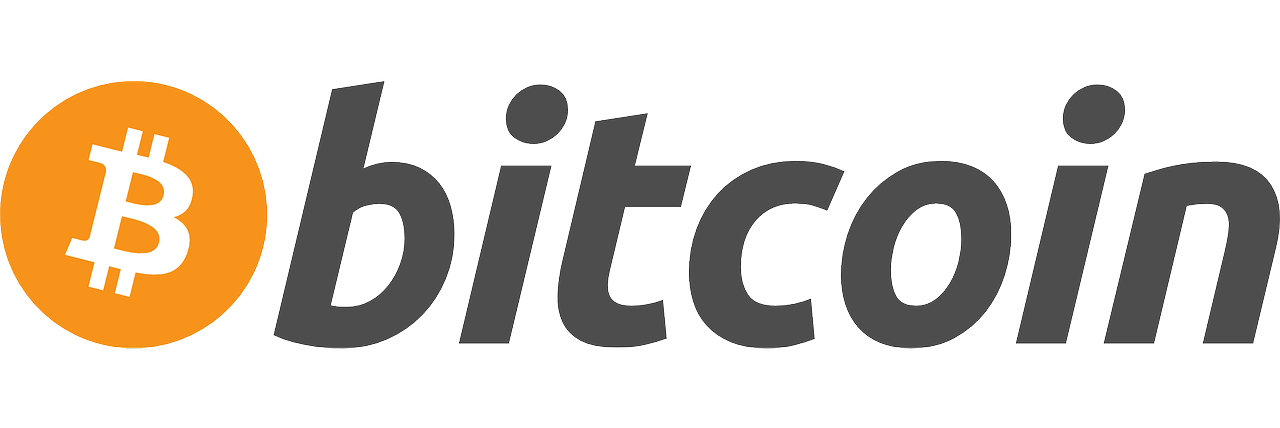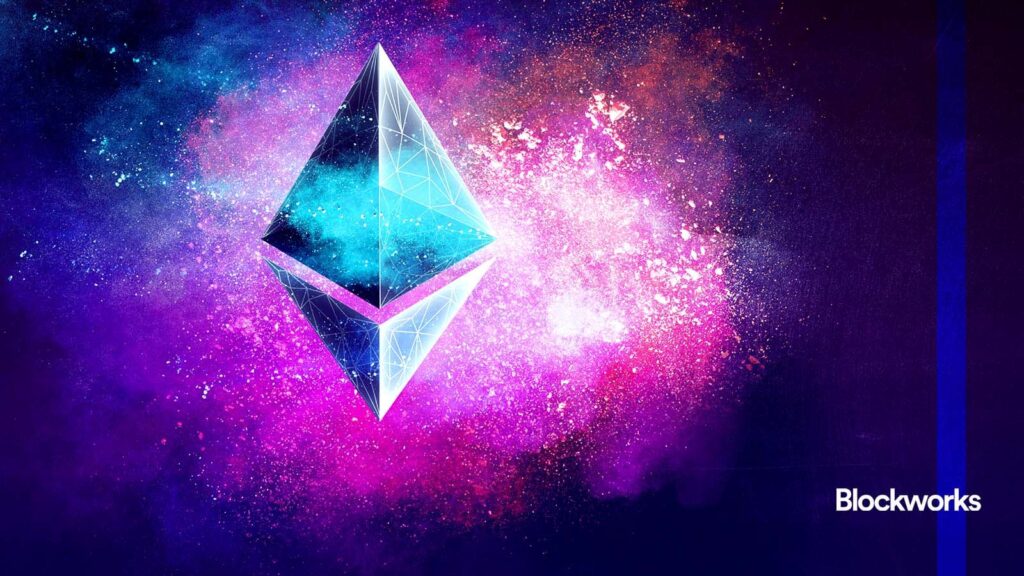The post Ethereum’s culture clash: Dissent, decentralization and progress appeared on BitcoinEthereumNews.com.
This is a segment from the 0xResearch newsletter. To read full editions, subscribe. The Ethereum community is at a cultural crossroads as heated reactions to prominent contributor Max Resnick’s departure reveal deeper tensions around governance and dissent. Resnick’s critiques of Ethereum’s governance and scalability approach drew overwhelmingly negative reactions, including accusations of being a “Solana plant” and other ad hominem attacks. These responses highlight broader issues in Ethereum’s social layer and decision-making processes. Maximalism in Ethereum Ethereum maximalism has begun to mirror some of the less constructive traits of Bitcoin maximalism. Arguments abound that dissent is increasingly silenced, with critics labeled as outsiders or opponents. Resnick’s critiques, while highlighting real challenges, were met with hostility. His communication style, often perceived as antagonistic, alienated key contributors. Some in the community view his departure as a net positive, reinforcing shared values and emphasizing that dissent must be constructive to avoid divisiveness. This dynamic isn’t unique to Resnick. Figures like Jon Charbonneau have also challenged the idea of decentralization as an abstract ideal, arguing it can stifle productive debate in practice. In his “Ethereum’s North Star” blog post, Charbonneau wrote, “If decentralization is the only goal, then why not decrease the block gas limit, lower the blob count and increase the slot times? Too often, shouting ‘aha that’s sacrificing decentralization!’ is just used to shut down fruitful debate.” Charbonneau emphasized the need for Ethereum to define its unique purpose. He urged the community to align on long-term principles and avoid decision-making driven by short-term dynamics. The social layer: Strength or weakness? Ethereum’s reliance on social consensus has long been celebrated as a decentralized alternative to formal governance. However, this approach has drawbacks. Decision-making often appears dominated by loud, influential voices on platforms like Twitter, even if Ethereum’s core development process operates transparently and…

